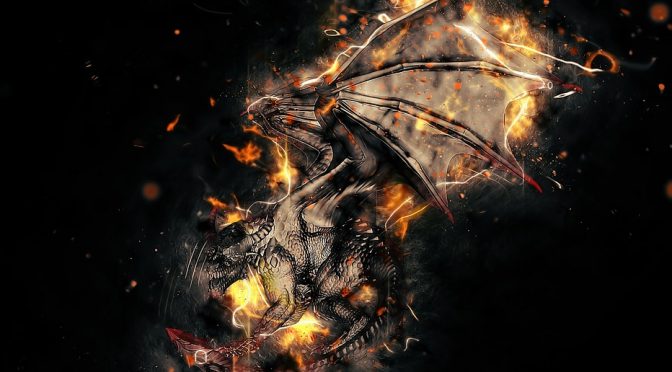Imagining worlds different to the one we live in has been a favourite pastime of humanity for longer than the first written languages even came to be. In the meanwhile, the section of fiction known as “fantasy”, with its trademark magic and dragons and elves (oh my!) has become one of the most popular genres in modern society. There are few children who haven’t read or watched the Harry Potter series, and an even smaller fraction who’ve never even heard of the bespectacled wizard.
Of course, the fantasy genre is far from exclusive to children’s books, as we can see all around us. One of the most popular TV shows on air today is HBO’s Game of Thrones, adapted from George R. R. Martin’s acclaimed A Song of Ice and Fire book series, and it’s no secret that with all the violence, murder, sex, and profanity the show has to offer, it’s not a Saturday morning favourite.
Martin’s books, along with Neil Gaiman’s Stardust and a healthy chunk of J. R. R. Tolkien’s entire bibliography, are examples of “high fantasy”, in contrast to “low fantasy”, examples of which are J. K. Rowling’s aforementioned Harry Potter series and Rick Riordan’s Percy Jackson series.
Books in the genre of low fantasy have a relatively easy formula; you take the world that we live in, with cities and cars and all other sorts of technology, and sprinkle in a bit of fantasy, like a dragon attacking Times Square. High fantasy, however, are a much larger deal. To write a book in this genre, you create a completely new world, with its own set of rules and its own set of inhabiting species.
While this seems fairly standard and easy to follow, the lines can blur a bit, of course. For example, if you take the famous Middle High German epic The Song of the Nibelungs, it might look like high fantasy to a modern reader; it’s set in a medieval land, with kings and queens, castles and kingdoms, dragons and dwarves[1], and so much more! However, taking into account the time The Song was written (manuscripts dating back to the 13th century), it starts to fade down into low fantasy territory. The only thing left about it that would have seemed out of place in that time would be the dragons and the dwarves.
In the end, there is no black-and-white system you can use; high fantasy elements can creep into low fantasy, and vice versa. Fantasy remains a popular genre and a personal favourite, and will hopefully continue to be.
[1] Fun Fact: The spelling „dwarves“, interestingly enough, originates from the famous high fantasy book “The Hobbit”. Prior to Tolkien’s change of it, which he dubbed “a piece of private bad grammar”, the plural of “dwarf” was simply “dwarfs”.

